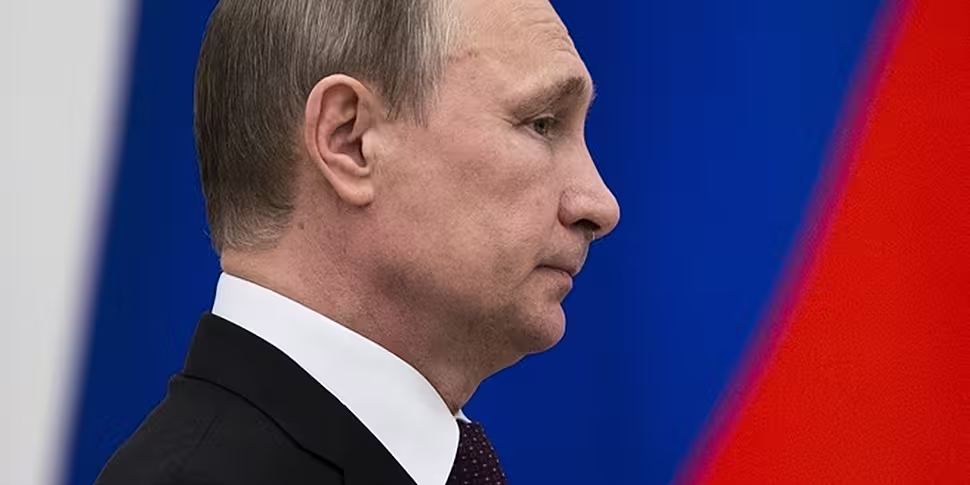Support for Vladimir Putin's party appears to have dipped in Russia's parliamentary elections, preliminary results suggest.
The ruling United Russia was still the largest party, receiving 44.5% of votes, according to an exit poll.
This compared to 49% in the previous election five years ago.
Liberal opposition parties, the only group openly critical of President Putin, reportedly failed to get over the 5% threshold needed for party representation.
The nationalist LDPR was said to be in second place with 15.3% of the votes, followed by the Communist party on 14.9% and the Just Russia party on 8.1%.
United Russia was created by Mr Putin 15 years ago and is headed by Prime Minister Dmitri Medvedev.
Mr Putin said it was a "good result" and people voted for his party even though "things are tough" with the economy.
He said people believe United Russia lawmakers "are really working hard even though it does not always work".
He did not stand in the election. His next test will come in the 2018 presidential elections which, judging by the nature of Russian politics and Mr Putin's genuinely high approval ratings, he is guaranteed to win.
Meanwhile, a leading Putin critic has told Sky News the nation is at a crossroads, risking a return to the Soviet-era totalitarian regime.
The warning by country's ex-prime minister, Mikhail Kasyanov, who heads the opposition Parnas party, which took part in elections for the first time having previously been blocked by the authorities.
However, as one of Russia's unofficial opposition parties, not approved by the Kremlin, it faces heavy restrictions.
Every five years, Russians go to the polls in local parliamentary elections.
There were 450 seats up for grabs in the lower house of the Russian parliament (the State Duma), with 4,500 candidates running across 14 parties.
Some 2,000 of those candidates ran as independents.
Elected MPs will hold their seats for the next five years, with 266 seats needed by one party to win a majority.









